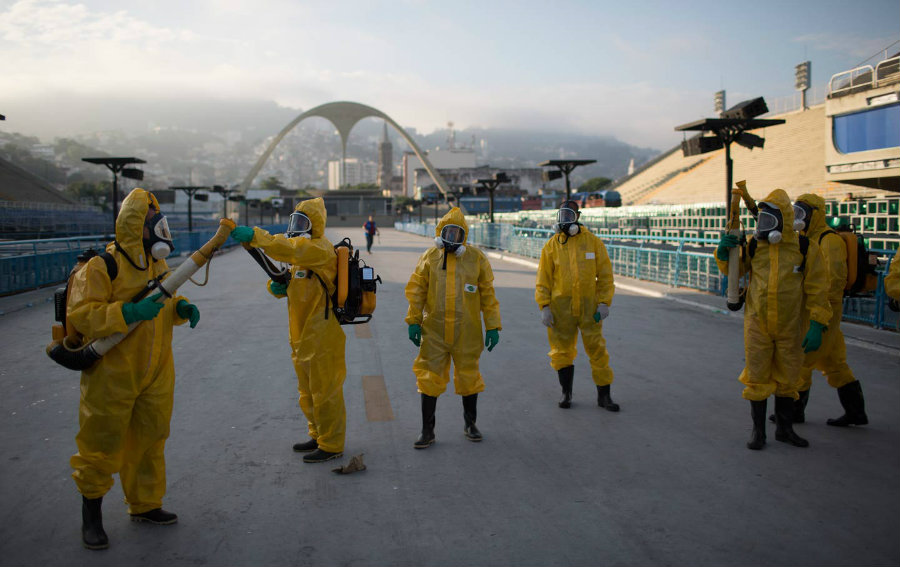Ryan Lochte, a renowned Olympic swimmer, was held and robbed at gunpoint alongside Jack Conger, Gunnar Bentz, and Jimmy Feigen on Sunday morning.
The four men were in a cab, trying to reach the Olympic Village after a night of partying in the city with Brazilian swimmer Thiago Pereira when the car was pulled over by police officers. According to the interview, Lochte gave to Billy Bush of NBC, the “officers” only had a badge, and were armed. They proceeded to tell the swimmers to “get down on the ground.” Lochte said he resisted since he “didn’t do anything wrong.” It turned out they were burglars posing as police officers.

“Then the guy pulled out his gun, he cocked it, put it to my forehead, and he said, ‘Get down,’ and I put my hands up, I was like ‘whatever.’ He took our money, he took my wallet — he left my cell phone, he left my credentials” denounced Lochte.
An array of conflicting reports
Firstly, the International Olympic Committee denied the incident took place through its director of communications, Mark Adams, who claimed it was “absolutely not true.” Then, Ileana Lochte, the swimmer’s mother, contacted multiple media outlets claiming the assault was true, saying they were “all shaken up.”
Lochte personal coach and head of the U.S. Olympic women’s swim team, David Marsh, denied the accusation on USA Today. Meanwhile, the Washington Post reached to Pereira’s representative who also stated the taxi indeed was robbed. Finally, the United States Olympic Committee released a statement confirming once and for all the incident.
On Sunday afternoon, the Brazilian police issued a statement saying there was going to be n investigation regarding the robbery and claimed the athletes were going to be interviewed.
Security concerns on the Olympics
Fears regarding the personal safety of athletes and tourists have been constant since the announcement of Brazil as the host of the 2016 Olympics. Days before the Olympics began, demonstrators welcomed visitors at Rio’s international airport with a hateful banner.
“Welcome to Hell. Police and firefighters don’t get paid; whoever comes to Rio de Janeiro will not be safe,” read the banner.

There were reports of police stations so beaten up by recession they did not even have toilet paper or pens. Governor Francisco Dornelles stated, “how are people going to feel protected in a city without security.”
Other incidents
Lochte’s gunpoint robbery is not the first incident of its kind in the Rio Olympics.In mid-June, ten people who claimed to be ISIL supporters, and apparently were planning terrorist attacks during the Games were arrested.
At the end of July, Jason Lee, a New Zealand-born jiu-jitsu fighter suffered from an “express kidnapping,” in which police officers took him, obligated him to withdraw money from ATMs and sexually assaulted him.
A few days later, Shi Dongpeng, a Chinese hurdler, and a camera operator were also robbed. At the lobby of their hotel, a man came up running and vomited all over Dongpeng, who left his belongings unattended to clean himself while the camera operator chased the “sick” man. When both men returned, their suitcases were gone.

The same week, an unidentified female firefighter was sexually assaulted on her sleep by Genival Ferreira Mendes, an Olympic security guard. The attack took place in the Olympic Village.
Hassan Saada, a light heavyweight Moroccan boxer, was expelled from the Games and was arrested under attempted rape charges for trying to assault two chambermaids. Five days later, Chinese reporters found themselves in the midst of a roadside shooting, while they were traveling from the airport to the Olympic village.
A week ago, a stray bullet passed a few feet away from reporters during a press conference at the Olympic Equestrian Center.
Political Turmoil
Right now, Brazil is under a political and economic crisis, but the authorities have tried to keep this quiet in front of the international cameras and visitors. As such, Brazilians who during the games dared to display political messages as a form of peaceful protest were kicked out of the Olympic venue.
However, a federal judge, Joao Augusto Carneiro Araujo has ruled that these actions had violated the citizens’ freedom of expression. The Court judgment states the Brazilian government, the Rio organizing committee, and the International Olympic Committee had “overstepped their authority” and has forbidden security forces of banning those who hold up political signs.
The Rio organizing committee will appeal the court ruling.
Source: Wall Street Journal
